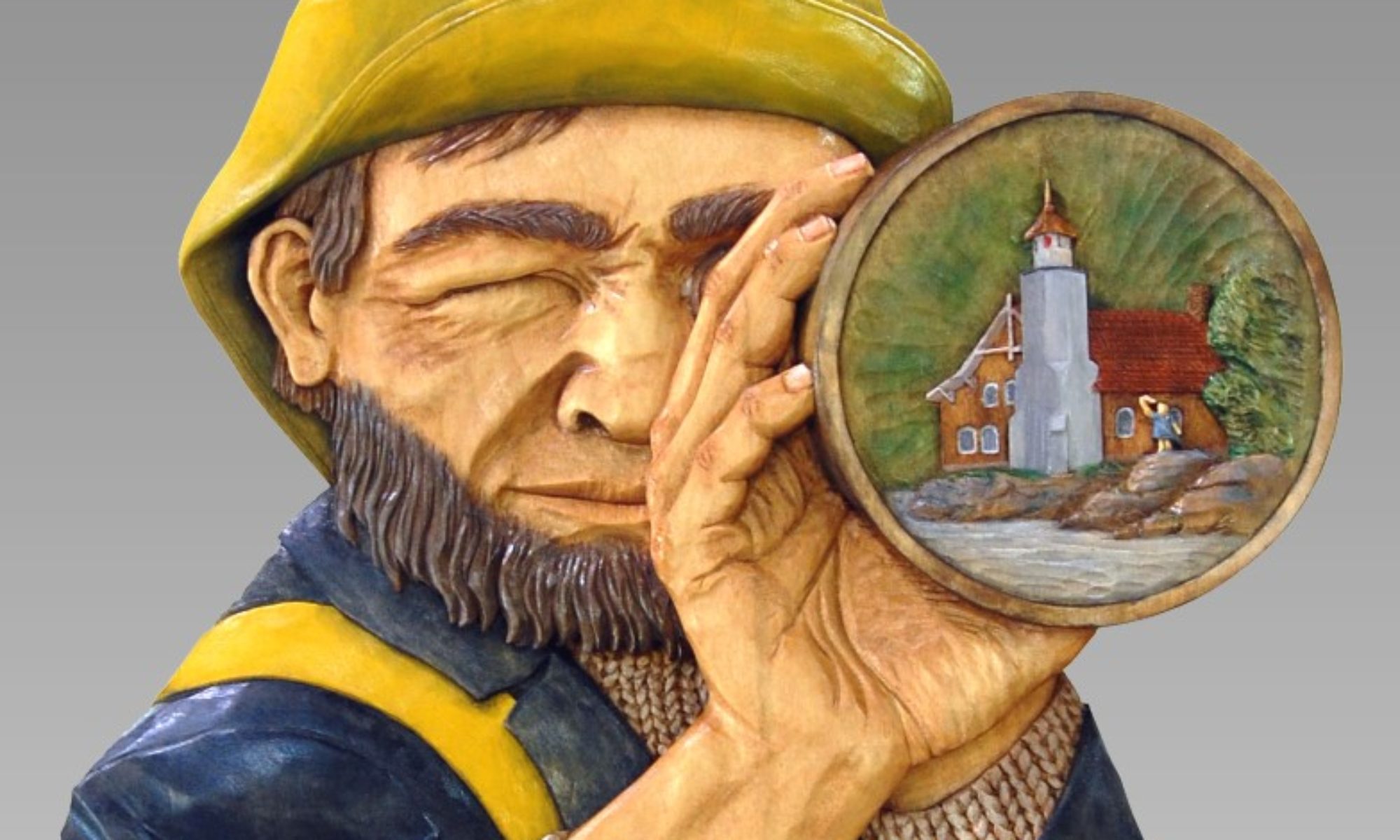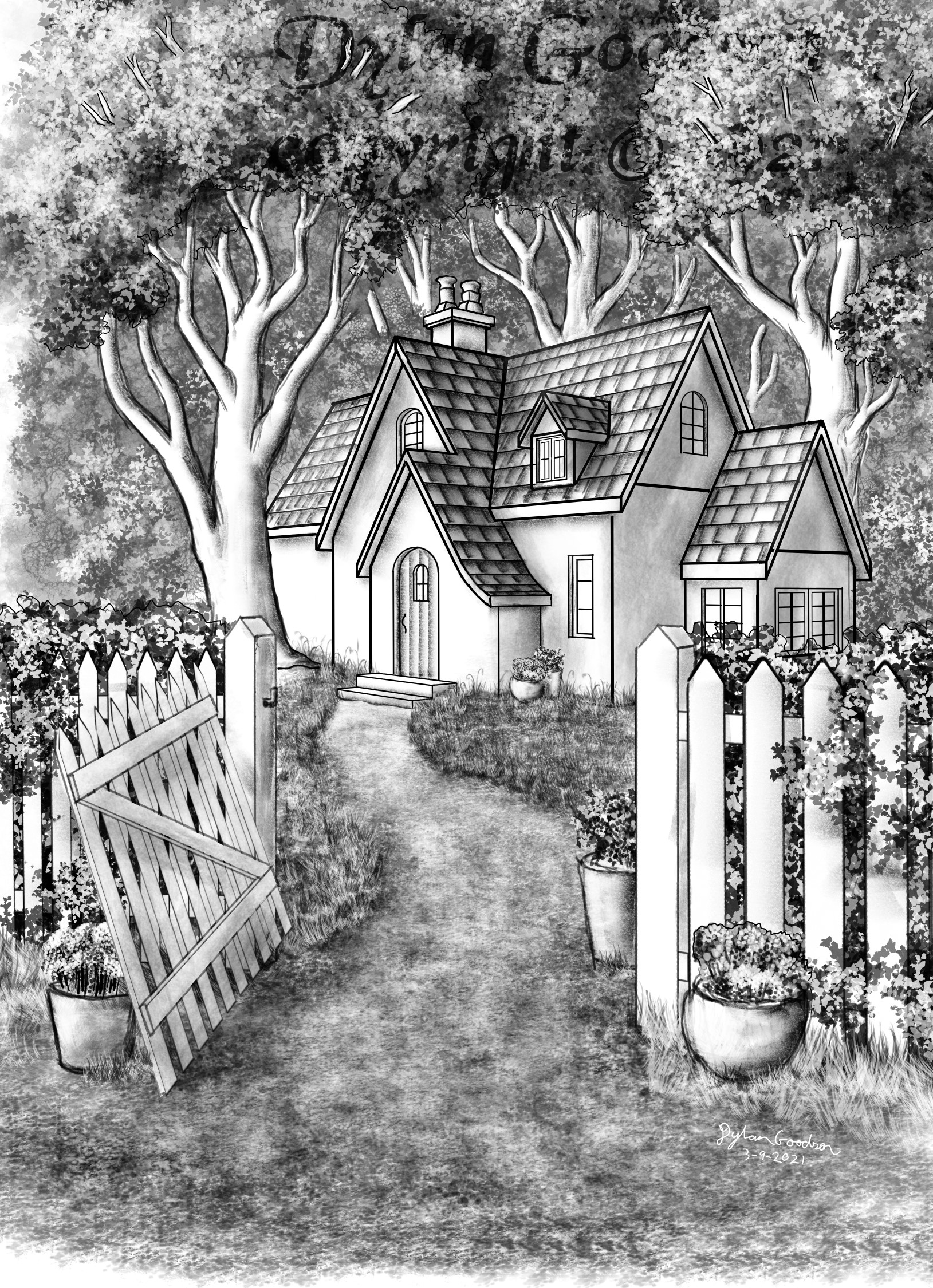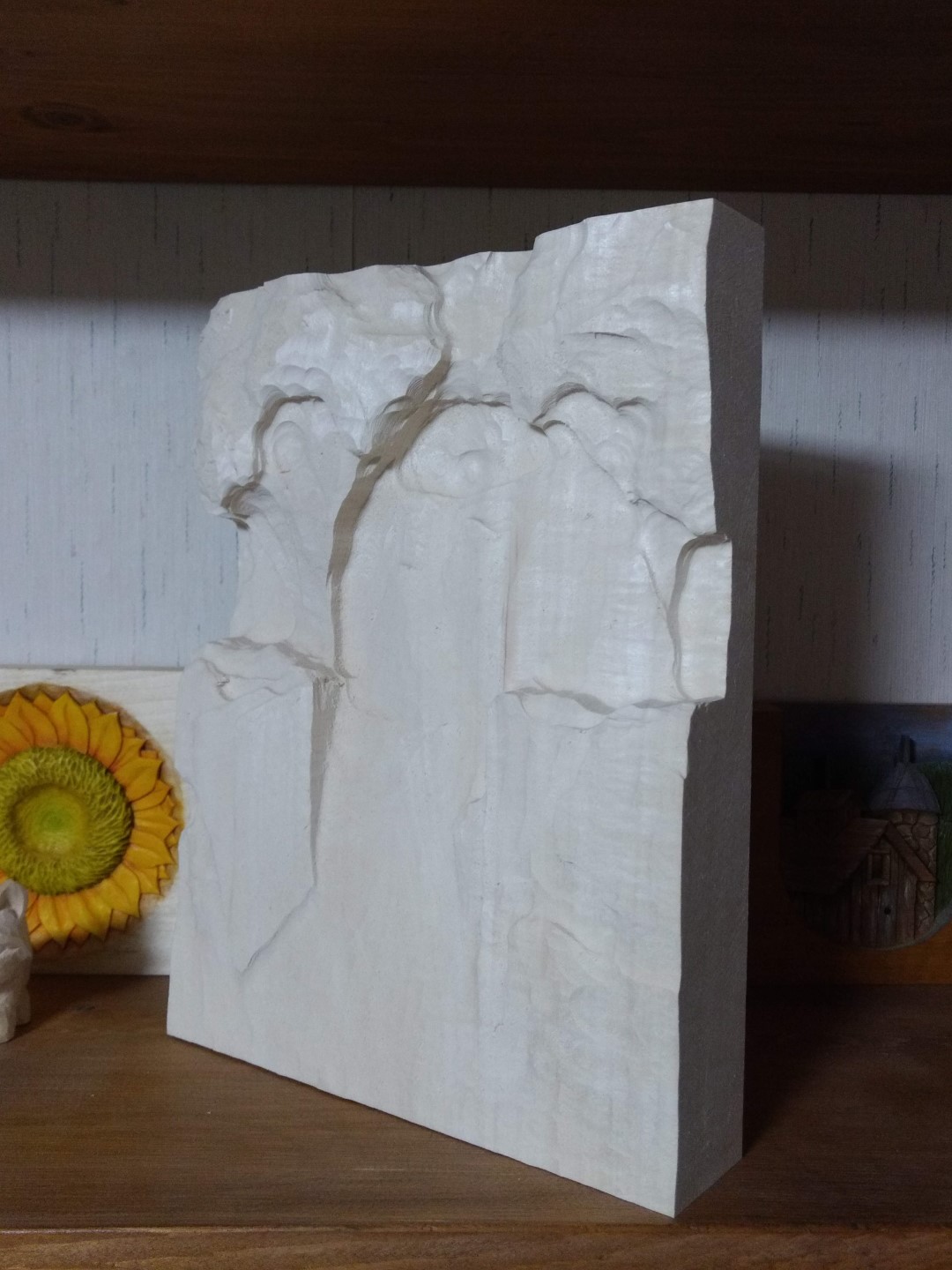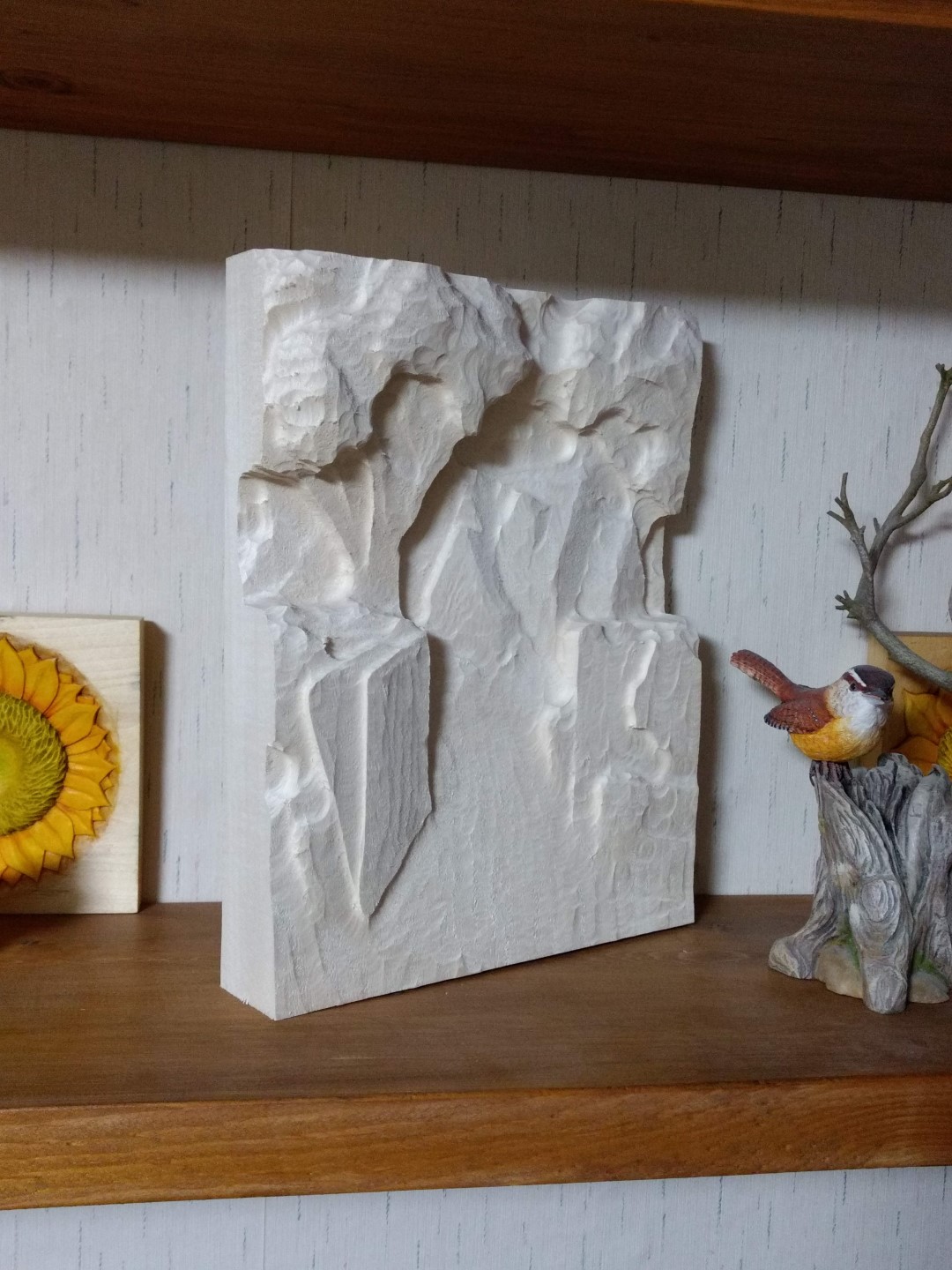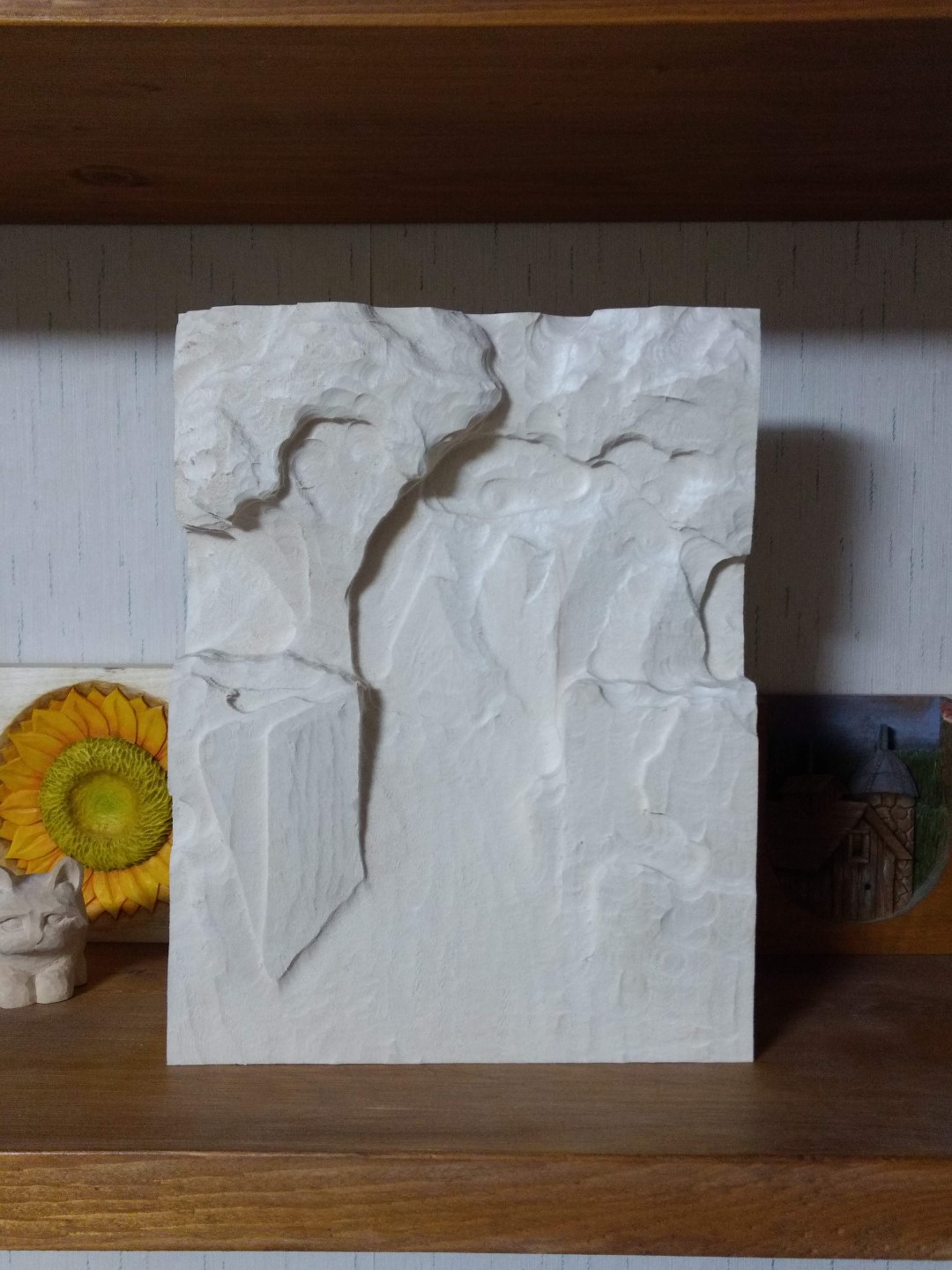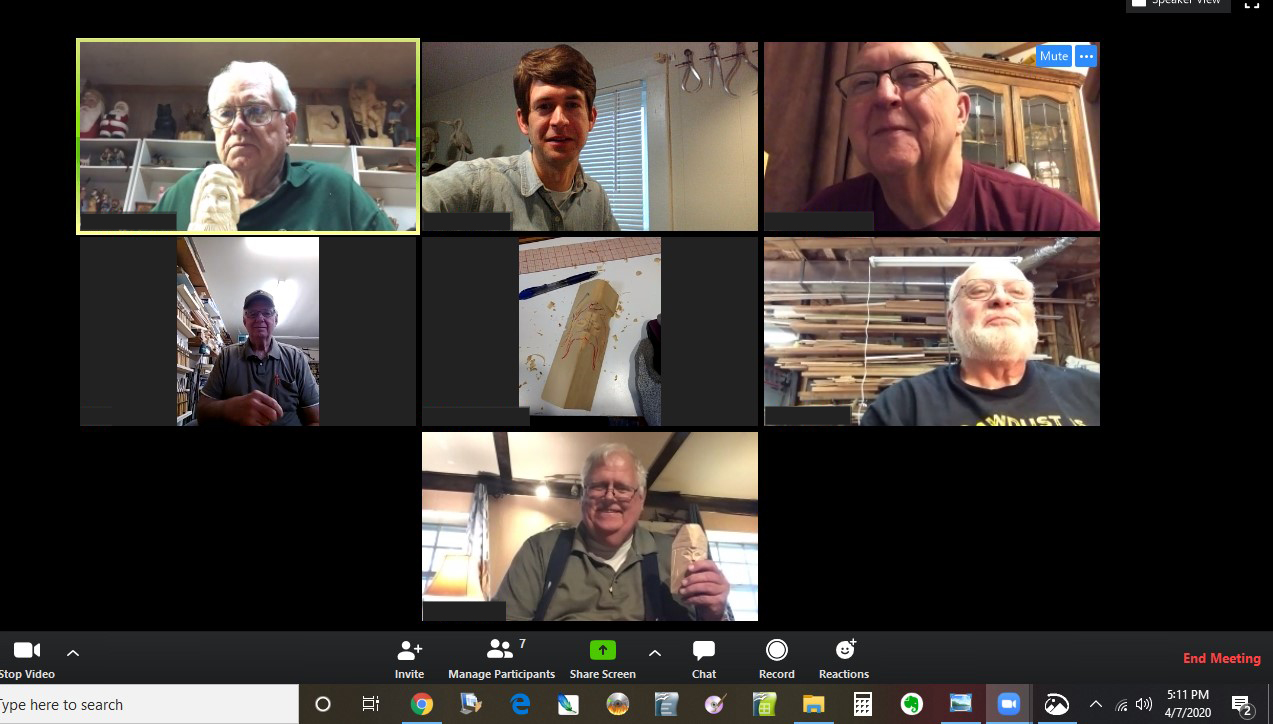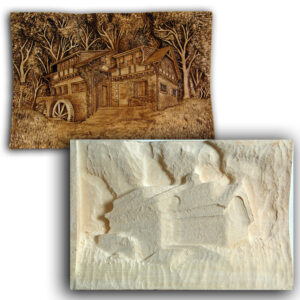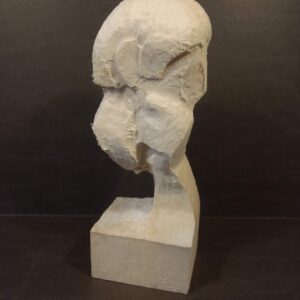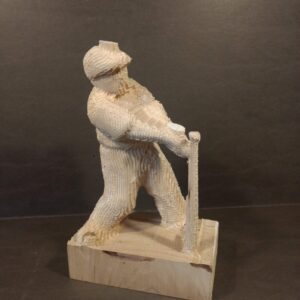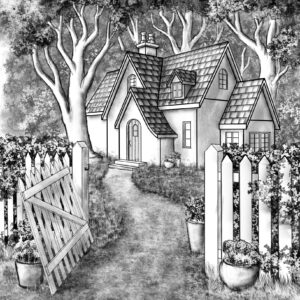Tudor House Online Class with Roughout
$42.00 – $50.00
Description
Purchase the Tudor house roughout with the online video series to give yourself a head start and set yourself up for success.
In this online video series Dylan will teach you how to carve a Tudor revival style house and surrounding landscape in relief. The videos start by showing you how to rough out the carving from a blank piece of wood before focusing on the techniques for carving the building and then moving on to carving and detailing the landscape. While carving this design you’ll learn about perspective, compression of depth; layering and textures. The power carving techniques that Dylan uses will also be covered in a separate video (included as part of the video series).
You can provide your own wood, or get a head start by purchasing the rough out. The roughout is approx. 9” by 13” by 2”.
You are purchasing permanent access to the instructional videos (Approximately 12 hours of video). The videos are accessed by logging into your account on this website and watching the videos on the appropriate page.
Part of this class was filmed at the 2021 FloydFest woodcarving seminar in Evart, Michigan. Dylan thanks his students in that class and apologizes in advance for the background noise in those videos.
Here’s a link to a short video explaining how you will login and access the videos after you have purchased them. Login Instruction Video
Here is a suggested list of tools.
• A Plunge Router (optional, but will save you a good bit of time if starting from scratch.)
• #2 gouges: 12mm, 3/4″ (19mm),
• #5 gouges: 5/16″ (8mm), 12mm, 1″ (25mm)
• #7 gouge: 3/8″ (10mm), 1″ (25mm)
• #9 gouges: 3/16″ (5mm), 18mm
• #11 gouge: 1/8″ (3mm)
• V-tools: 1/16″ (2mm), 5/16″ (8mm)
• Spoon-bent skew chisels: 1/8″
(3mm) left, 1/8″ (3mm) right
• Woodburner with tips: skew or
Gugefire bent tip, micro skew
• Rotary tool with bits: needle shaped stump cutter, 1/16″-dia. cylinder-shaped diamond, 1/32″-dia. inverted cone-shaped HSS flute cutter
• 3M radial bristle discs: 80 grit (yellow), 400 grit (blue)
• Contour gauge (optional but very useful), also known as a profile gauge.
• A Square (such as a combination square, speed square or machinist square or try square).
